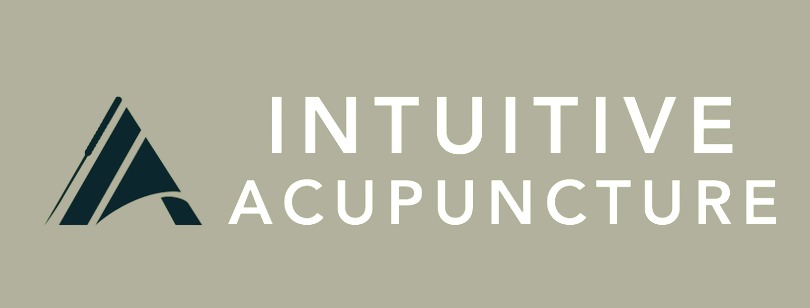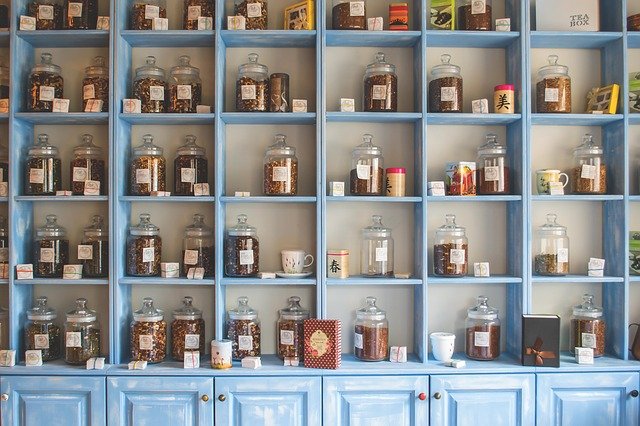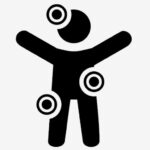Herbal Therapy: formulas, tinctures, linaments, and pain patches composed of a variety of traditional Chinese medicinal herbs are prescribed according to each patient’s unique needs. Herbal therapies are milder and have very few side effects in comparison to prescription drugs, but are also highly efficacious. Many Chinese herbs have been used by the pharmaceutical industry to produce derivative medications that extract a single active agent from the plant, making such drugs stronger, but also harsher. Herbal formulas use unadulterated plant material that has not undergone such extractions and processing.
Traditional Chinese medicine (TCM) is an ancient medicinal practice based on the concept that imbalances in Qi, a vital life force in the body, can cause disease and illness. The practice of TCM is an integrated approach to health and wellbeing that brings balance between the body, mind/spirit, and the environment. The integrated approach includes:
- Herbal and natural medicines
- Acupuncture
- Massage and other complementary therapies
Herbs are medicine and treatment with herbal remedies is much more than grazing through the herbal remedy section at the local health food store. The TCM doctor treating you needs to know the interactions between certain herbs, the interactions between certain herbs and prescribed medications, and the appropriate herbal remedies for certain conditions as well as herbal remedies that are contraindicated to certain conditions.
The practice of TCM and acupuncture requires special education, certification, and licensing.



